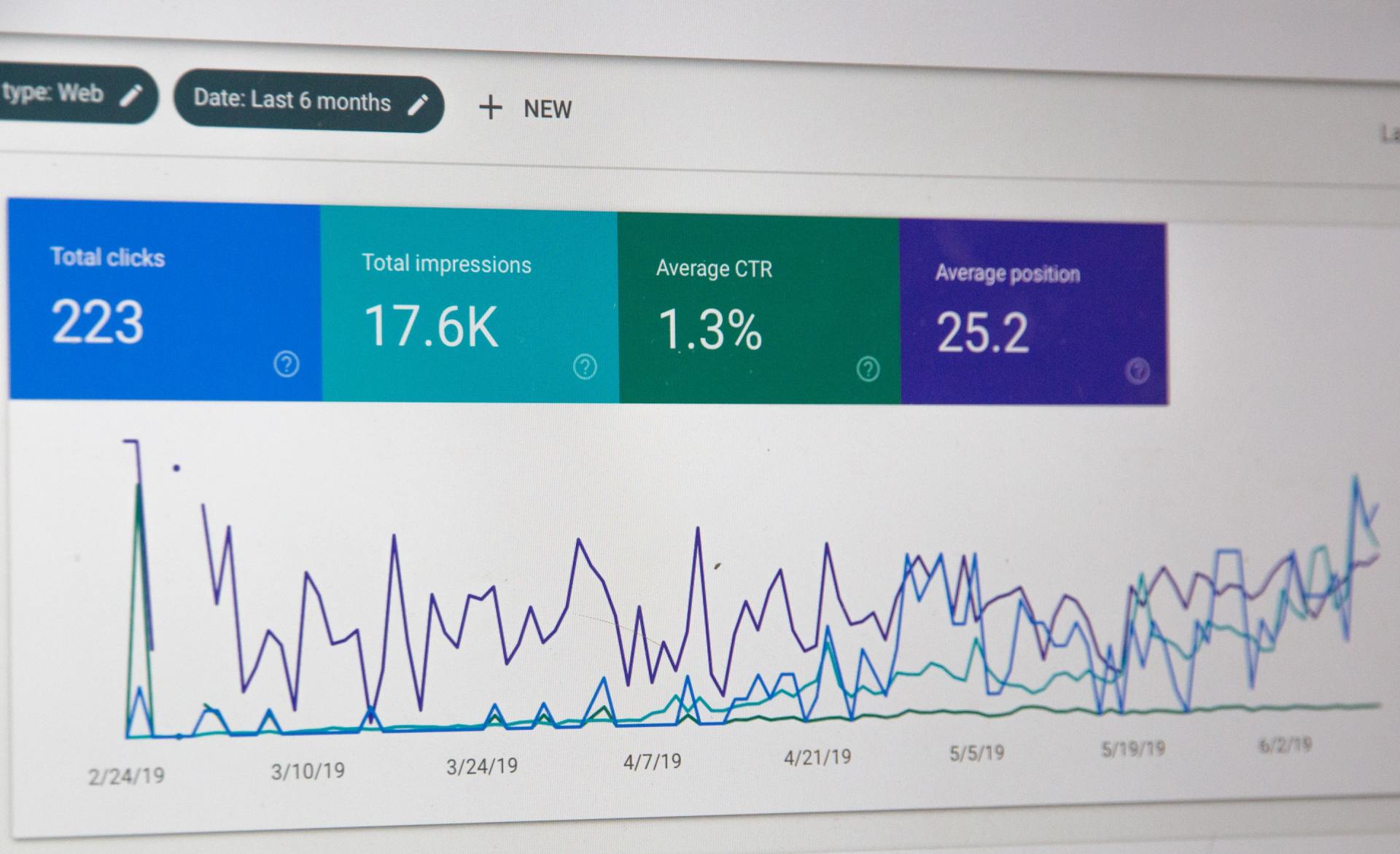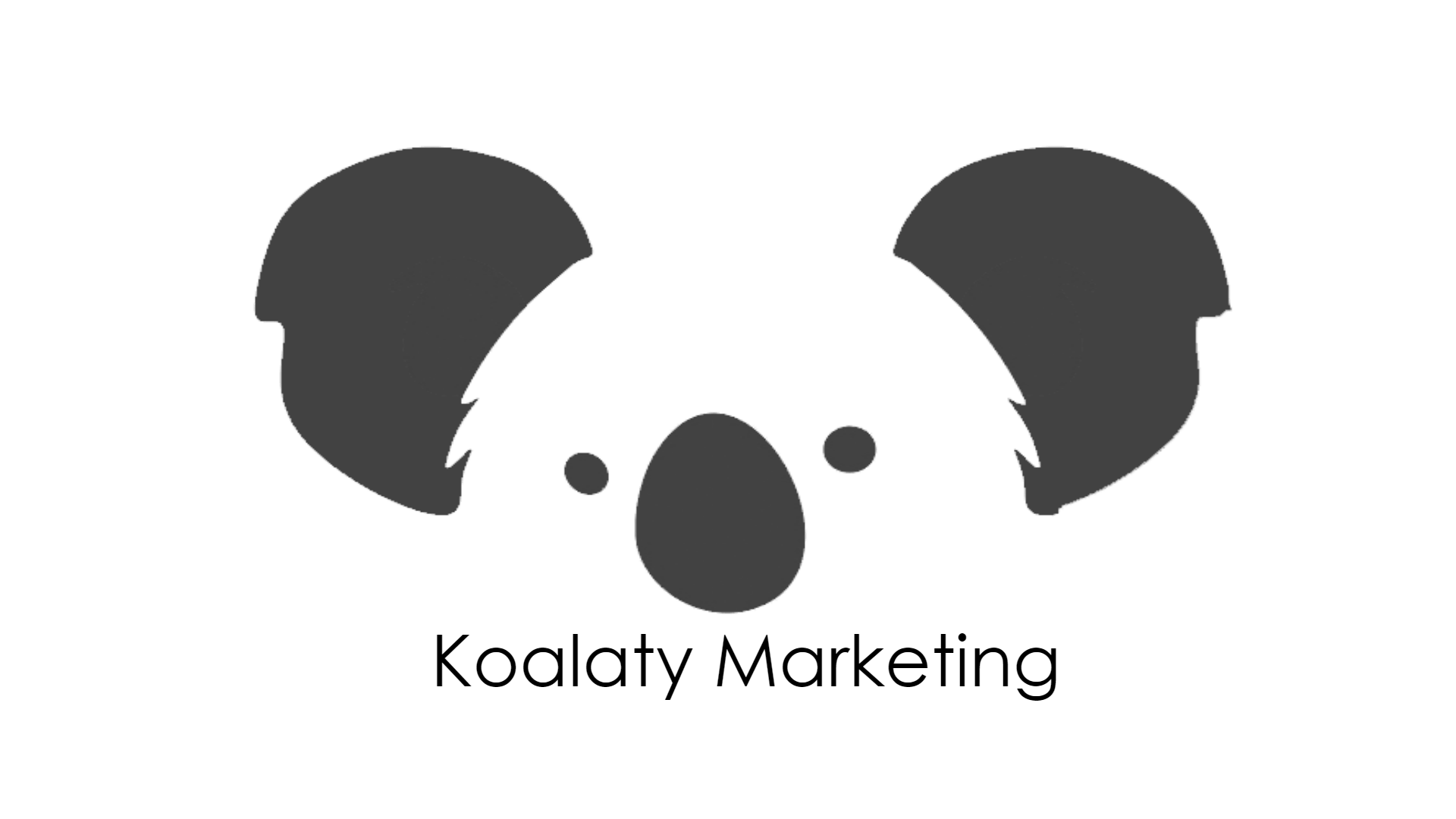Unlocking The Basics Of SEO: A Comprehensive Guide To Search Engine Optimization
In this basic SEO guide we will talk about what Search Engine Optimization (SEO) is, and how it can help your business. Understanding the basics can help you make an informed decision when deciding what Digital Marketing Agency to go with, or if your small business should just do the SEO work yourself. SEO is an investment of time, experience, and wordsmith mastery. When it comes to developing a good SEO strategy you need to understand the basics first.
Introduction: What Is SEO And Why Is It Important?
In today's digital world, mastering the art of search engine optimization (SEO) is a must for any business looking to grow its online presence. SEO is an essential strategy that helps your website rank higher in search results, making it more visible to potential customers and driving increased organic traffic.
This comprehensive guide will unlock the basics of SEO for beginners while illustrating its importance in the ever-evolving digital landscape. You found us via Google Search, maybe consider signing up with us since we know what we're doing? View SEO Packages

Key Elements Of SEO
The key elements of SEO include keyword research and analysis, on-page optimization, off-page optimization, and technical SEO.
Keyword Research And Analysis
Keyword research and analysis is a crucial component of search engine optimization (SEO) that helps businesses identify the most relevant and potentially profitable keywords to target.
By understanding what their target audience is searching for online, businesses can tailor their content to meet the needs of users while simultaneously gaining visibility on search engines like Google.
Effective keyword research begins with brainstorming potential phrases related to your industry or niche, along with considering long-tail keywords - longer keyword phrases that tend to be less competitive but highly targeted.
Various tools such as Google Keyword Planner, Ahrefs, SEMRush, or Moz can aid in discovering valuable information about these keywords including monthly search volume estimates and SERP competition levels.
Beyond simply identifying lucrative keywords, it's essential to analyze how those terms fit into your website structure and overall content strategy. Adopting proper on-page SEO tactics ensures that each webpage contains optimal elements like meta tags, header tags, URL structures aligned with selected keywords will boost the likelihood of achieving higher rankings in search results pages (SERPs).
On-Page Optimization
On-page optimization is a crucial aspect of SEO, influencing how well your website ranks on search engine results pages (SERPs). This process involves optimizing your website's content and structure to increase its visibility, relevance, and overall user experience.
To effectively optimize your website for better rankings in SERPs, it is essential to conduct comprehensive keyword research that allows you to target the most relevant terms that users are searching for.
Implementing these keywords into strategic areas such as headings and metadata can make a significant difference in on-page performance. A clear and logical site architecture ensures better crawlability by search engines while also enhancing user navigation experiences.
In addition to these factors, focusing on technical SEO aspects like improving page speed, mobile-friendliness, accessibility adds further value to your overall optimization efforts.
By mastering these key elements of on-page optimization alongside high-quality content creation techniques optimized with targeted keywords seamlessly integrated throughout the text - you significantly increase chances towards achieving higher rankings in search engine result pages (SERPs) making sure both human visitors can find more relevant engaging material when browsing internet looking solutions their problems informed perspectives
Off-Page Optimization
Off-page optimization is a crucial component of search engine optimization that focuses on aspects beyond your website's content and design. This approach aims to improve your site's visibility, authority, and credibility in the eyes of search engines like Google by leveraging external factors.
Link building plays a significant role in off-page SEO as it helps establish domain authority and page authority through high-quality backlinks from other reputable websites.
For instance, you can collaborate with industry influencers or guest post on authoritative blogs to earn valuable inbound links. Additionally, engaging in social media platforms creates opportunities for attracting organic traffic and increasing brand awareness.
Content marketing efforts also contribute to off-page SEO success by creating shareable materials that naturally attract backlinks from other sites while providing useful information for your target audience.
Technical SEO
Technical SEO is one of the key elements of search engine optimization that focuses on the technical aspects of your website to improve its visibility and ranking in search engines.
It involves optimizing the structure and performance of your site, including its architecture, security, mobile-friendliness, page speed, canonicalization, XML sitemaps, robotstxt file management, broken links fixing, and duplicate content elimination.
A good example of how technical SEO can help boost rankings is by ensuring that internal linking is optimized correctly. By having a clear hierarchy for pages across your website through effective internal linking strategies you can ensure a user-friendly experience for visitors while providing an easy-to-navigate website which helps to build authority with search engines like Google.
Best Practices For Effective SEO
To achieve effective SEO, it's important to create quality content, improve website performance, build high-quality backlinks, and analyze and adjust strategies.
Creating Quality Content
Creating quality content is one of the most crucial aspects of effective SEO. It involves creating content that relevantly targets specific keywords and offers value to your audience.
To create quality content, you must conduct keyword research to identify the most important phrases in your niche or industry.
When generating content for your website or blog, it's essential to produce high-quality materials that meet users' needs comprehensively. This includes writing clear and concise headlines and headlines with the main focus keyword placed within them efficiently; ensuring readers can skim through quickly before diving into more details about what they're searching for.
It is also recommended that businesses use long-tail keywords when creating their web pages as this improves organic search results ranking through increased visibility on leading search engine results pages (SERPs).
Improving Website Performance
Improving website performance is essential for effective SEO. Here are some best practices to follow:
- Optimize your site structure and ensure it's easy to navigate.
- Conduct keyword research and include high-volume keywords in your content and meta tags.
- Make sure your website loads quickly by optimizing images, using a content delivery network (CDN), and minimizing code.
- Implement responsive design to ensure that your site is mobile-friendly.
- Use Google Analytics or other tools to measure user engagement, bounce rates, and other metrics, then adjust your content strategy accordingly.
- Remove broken links and outdated content regularly to avoid negative impacts on SEO rankings.
- Create quality backlinks through guest blogging, influencer outreach, or other tactics.
- Implement structured data markup on your website to help search engines understand your content better.
- Use social media to promote your content and drive traffic back to your website.
- Continuously monitor and analyze the success of your SEO strategies using webmaster tools.
By following these steps, you can improve website performance and boost search engine rankings with effective SEO practices.
Building High-Quality Backlinks
Building high-quality backlinks is an essential aspect of effective SEO that can improve a website's ranking in search results. Here are some best practices for building high-quality backlinks:
- Create Relevant and Quality Content: Producing relevant and quality content that people want to share can attract natural links from other websites.
- Reach Out to Reputable Sources: Building relationships with reputable sources in your industry or niche can lead to opportunities for guest blogging or link exchanges.
- Use Social Media: Promoting your content on social media platforms can increase the chances of it being shared, resulting in more backlinks.
- Monitor Your Backlink Profile: Regularly monitoring your backlink profile allows you to identify any low-quality or spammy links and take action to remove them.
- Focus on Linking Quality Over Quantity: Having fewer high-quality links is better than having many low-quality ones. Links from authoritative sites with relevant content are more valuable for improving rankings.
By following these best practices for building high-quality backlinks, you can enhance your website's authority and attract organic traffic from search engines.
Analyzing And Adjusting Strategies
Analyzing and adjusting strategies is a critical component of effective SEO. It involves monitoring your website's performance, analyzing the data to identify areas for improvement, and making necessary adjustments to achieve better rankings on search engine results pages (SERP).
One important strategy for analyzing and adjusting is conducting competitive analysis. By understanding how your competitors are optimizing their content and targeting keywords, you can modify your own approach accordingly.
Another key element is continually improving user experience (UX) on your site by using metrics like bounce rate or conversion rates to determine what changes need to be made.
Conclusion: Essential Steps For Successful SEO
In conclusion, mastering the basics of SEO is crucial for any online business looking to thrive in today's digital landscape. By understanding the key elements of keyword research, on-page and off-page optimization, technical SEO, and effective practices such as creating quality content and building high-quality backlinks, you can enhance your website's online presence and attract more organic traffic.
Remember to analyze and adjust your strategies regularly based on web analytics to continuously improve your site's ranking in search engines.



